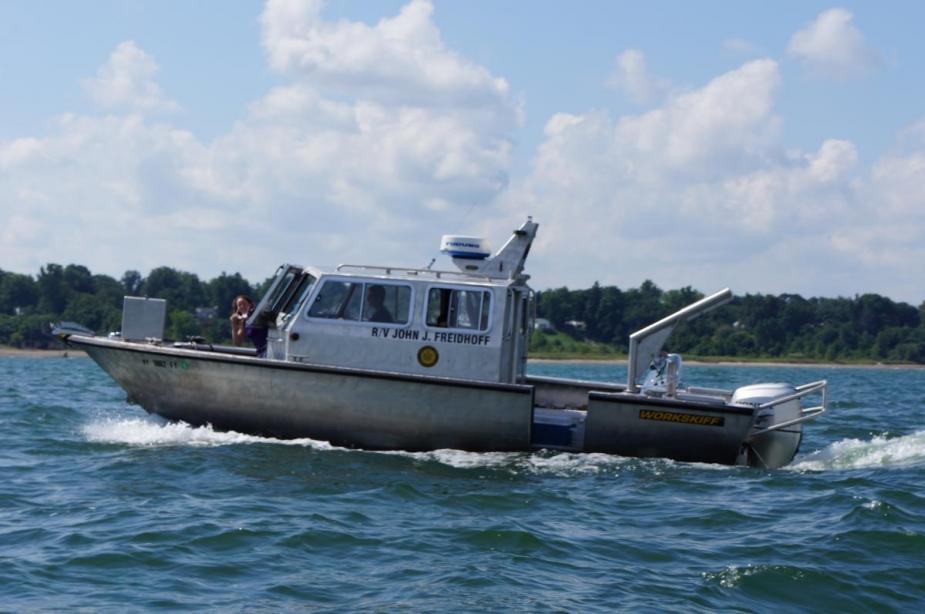Great Lakes Center receives millions in research grant
What would you do with $2.7 million? Many people would go on to buy material goods, such as cars, clothes, a house, or even exotic animals.
Buffalo State’s Great Lakes Center has something else in mind.
The Great Lakes Center has been awarded a grant of $2.7 million from the Environmental Protection Agency (EPA) through a sub-contract with Cornell University. Through this large grant, the Great Lakes Center is now able to further expand their research of biological communities within the Great Lakes.
“This is by far the largest grant Great Lakes Center received over at least 20 years (total funding $5,999,903, including $2,700,000 for Buffalo State) that will allow us to continue our cut-of-the-edge study of benthic invertebrates,” said Dr. Lyubov Burlakova, the senior research scientist at the Great Lakes Center.
Not only has this grant furthered their research, but it also has furthered their credibility.
The grant was not given at random to just any university, Buffalo State had to compete with other universities across the country.
“The fact that our project was selected as a finalist in competition with other universities means that our Center is recognized as the leading benthic laboratory in the Great Lakes region,” said Dr. Burlakova.
This grant will allow the Great Lakes Center to continue its intensive research to supply data on organisms, such as benthos, zooplankton, mysis, and chrlorophyll across the lakes from 2017-2022.
“Ultimately, we are interested in understanding the dynamics and trends in Great Lakes ecosystems, including those in biological communities and in water quality. Understanding the dynamics of large, spatially heterogeneous systems over time is essential for ecosystem management, but is very challenging as ecosystems are being influenced by multiple factors,” said Dr. Burlakova.
With the rise of pollution and increased bacteria levels in the Great Lakes, research will be difficult and strenuous. However, with proper care of the Great Lakes, they will be able to conduct accurate research and enable other researchers to make concise and correct decisions regarding the vast bodies of water.








